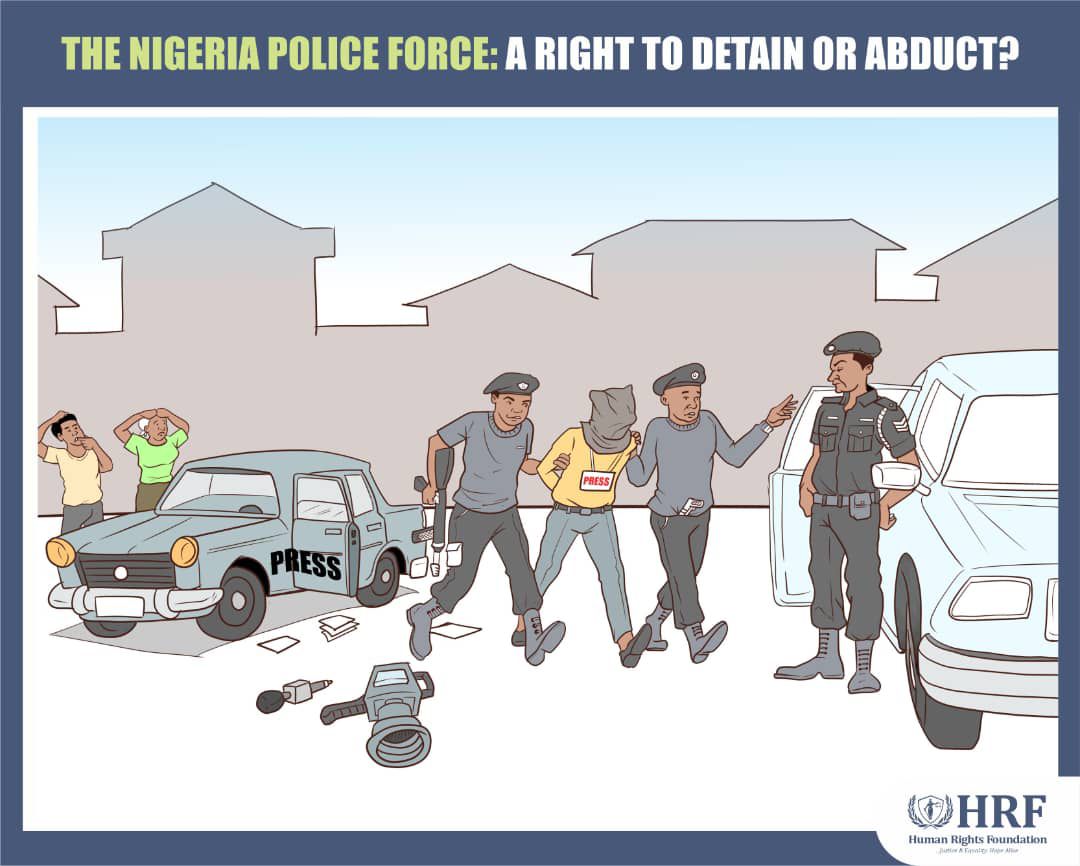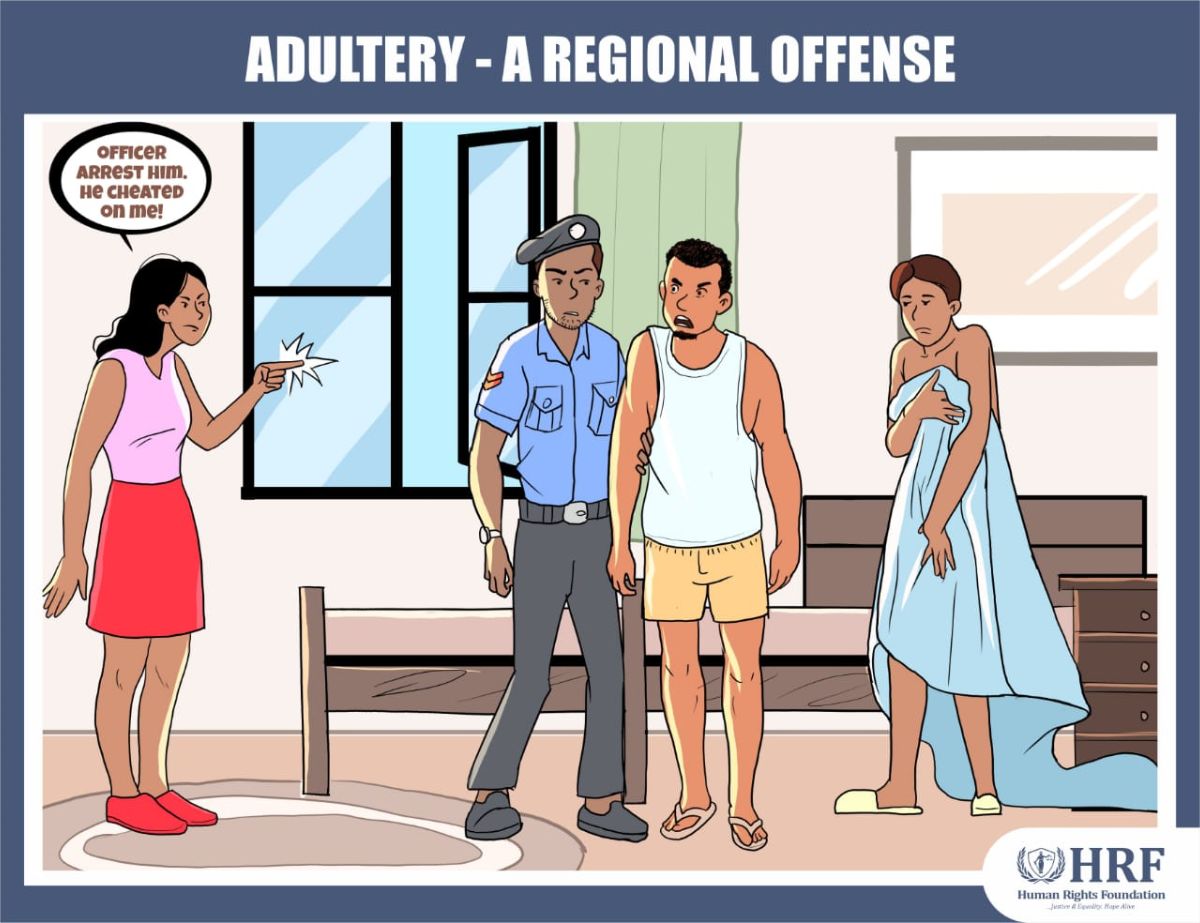
On May 1, men of the Nigerian police secretly abducted Mr. Daniel Ojukwu, a journalist with the Foundation for Investigative Journalism. As reported by Punch, Ojukwu vanished without a trace, as all his phone numbers remained unreachable, and his location remained a mystery.
The arrest of Ojukwu sparked outrage among citizens, some of whom stormed the Nigeria Police Force headquarters in Abuja to protest and demand his immediate release. In response, the police spokesperson, Mr Adejobi, alleged that the arrest of Ojukwu was lawful as it was done pursuant to a valid remand warrant issued by a competent court of justice on May 2, (after the arrest).
It is undisputed that the Nigeria Police Force is vested with the power to arrest and detain citizens suspected of criminal offenses. However, such an arrest must be made in accordance with the law.
Section 36(6)(c) provides that a person who is alleged to have committed an offense should be given the opportunity to defend himself personally or by a legal practitioner of his choice. It is, therefore, a gross violation of human rights to arrest a person and deny him access to a legal practitioner of his choice.
It is also highly condemnable that the police will arrest a journalist for doing his job and deny him access to his family or any legal representation. Ojukwu’s arrest is also a clear violation of his freedom of expression as a member of the press. As an investigative journalist in a democratic state, he had every right under section 39 of the 1999 Constitution to seek and disseminate information in a manner that is legally acceptable.
Section 39 of the 1999 Constitution provides that; every person shall be entitled to freedom of expression, including freedom to hold opinions and to receive and impart ideas and information without interference.
Where an article or a statement expressed by a citizen is defamatory to a person, such a person ought to seek legal redress in a competent court of law or petition the police to prosecute the alleged offender for criminal defamation.
It is shameful and unacceptable that the police will be used by certain citizens to persecute others or to achieve personal vendetta. This act also seems to be a calculated effort to deny Nigerians a right to freedom of information, which is germane to a democratic state like ours.



.jpg)
0 Comments